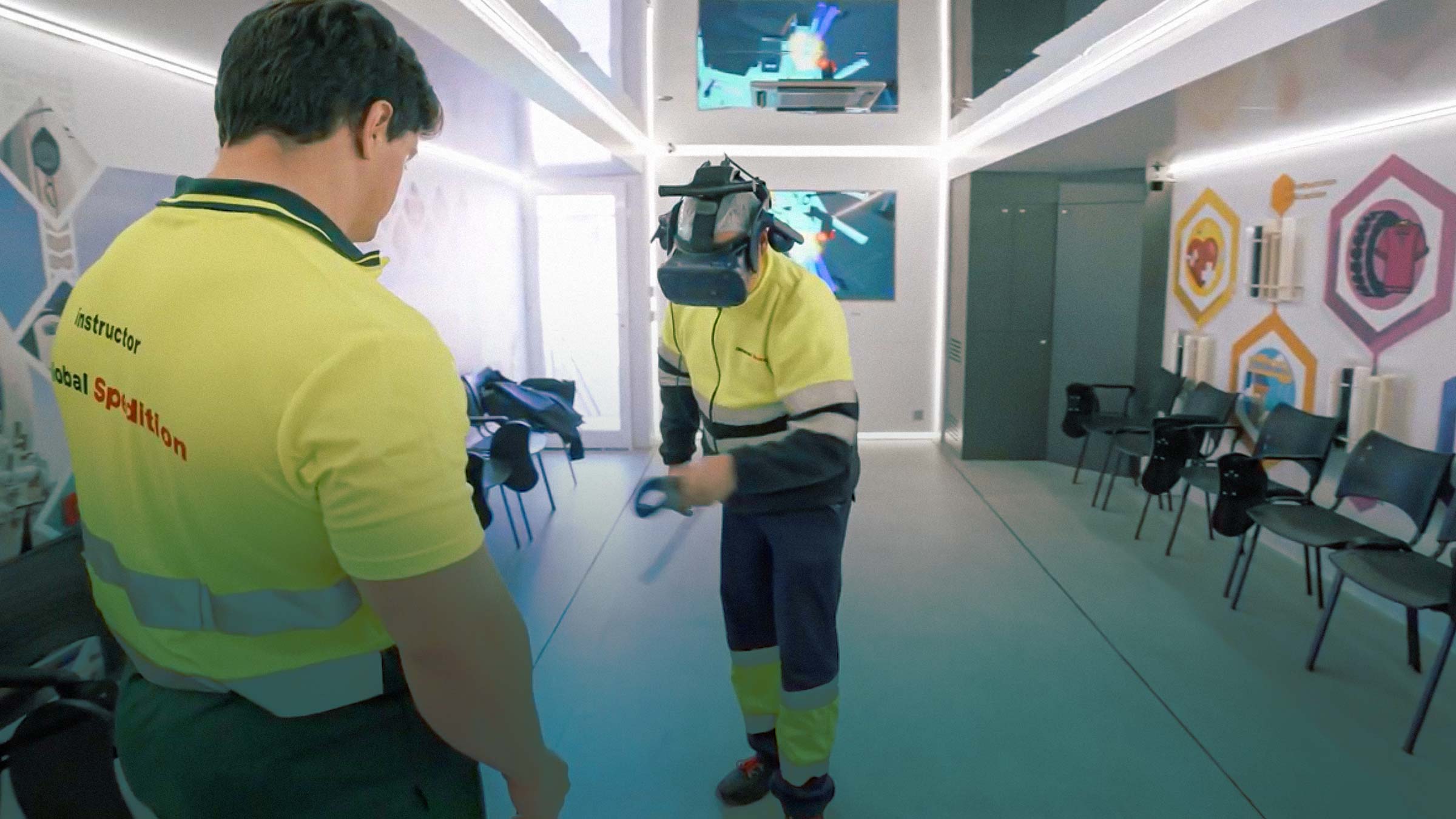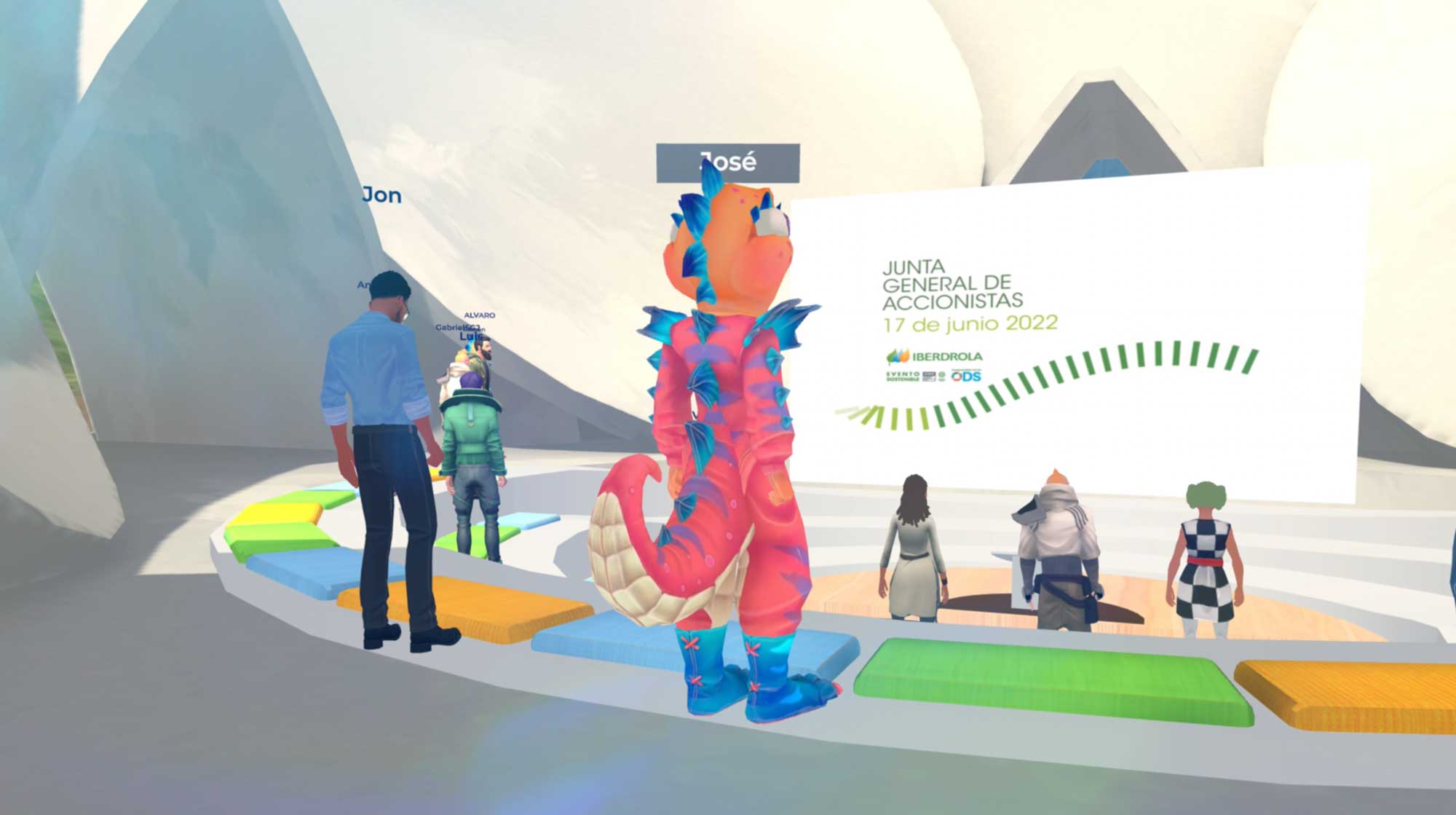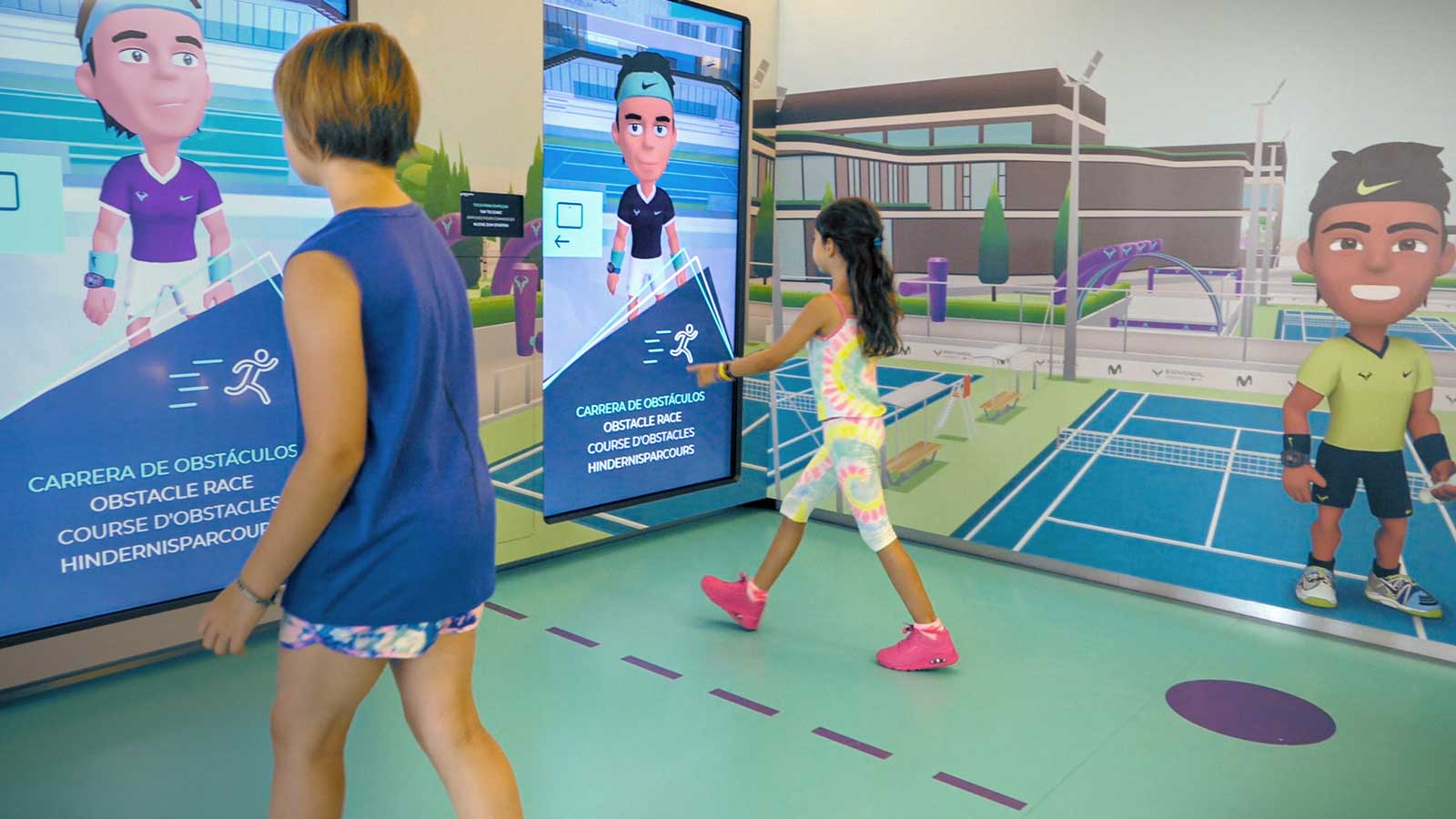Definition of Industry 4.0
You may be wondering what Industry 4.0, or the Fourth Industrial Revolution, is. integration of advanced digital technologies in manufacturing processes. It includes the use of Internet of Things (IoT), Artificial Intelligence (IA), the immersive technologiesthe robotics and the analysis of Big Data to create interconnected and automated production systems and optimized industrial/business management.
This approach allows for a greater efficiency, customization and real-time analysistransforming factories into intelligent and adaptive environments.
Before Industry 4.0. there were three other major Industrial Revolutions:
- The end of the 18th century witnessed the First Industrial Revolution marked by the invention of the steam engine. Transforming the production methods from manual labor to the mechanization.
- In the Second Industrial RevolutionIn the late nineteenth century, the impetus came from electricity and petroleum, introducing the mass production and assembly lines. This significantly improved efficiency and production volume.
- The Third Industrial Revolution started in the middle of the 20th century with the arrival of electronics, computers and the first robots, initiating the path of the automation of production.
You may be interested in → Business Innovation: Spatial Computing Applications in Extended Reality.
Industry 4.0 is characterized by integrating digital technologies such as IoT, AI, and robotics in manufacturing systems. Creating intelligent and automated production networks that radically transform industrial production and management.
Some are also already talking about the start of the Industry 5.0a development marked by the active human participation to improve both the well-being of workers and the sustainability of production.
This includes the development of collaborative robots (cobots) that work hand-in-hand with humans in manufacturing tasksand systems that not only optimize production, but also promote environmentally responsible practices.
Industry 5.0 prioritizes collaboration between humans and machines, emphasizing the importance of the human touch in the creativity, customization and sustainability.
Industry 4.0 applications and technologies
The incorporation of new technologies in the industrial sector represents a complete revolution in the control, training, error correction and decision making with 3D simulations and prototypes developed to the highest level of detail. Improving the efficiency of increasingly complex production processes.
Thanks to this immersive technology and its marriage with the latest innovations in the Internet of Things (IoT) and Artificial Intelligence, the machines and operators are interconnectedfrom simply operating the machine to being able to communicate with it.
Let's take a look at some of the main Industry 4.0 technologies:
Virtual and Augmented Reality
Both the Augmented Reality as Virtual Reality are two immersive technologies that are transforming the Industry 4.0.
By changing the way in which combines the physical and digital world in factories and production lines. On the one hand, the AR experiences The application of these technologies to the industrial sector has great potential for the presentation of the three-dimensional models of parts and prototypes from all angles and in the exact place where their final version will be, reducing to the maximum the margin of error when assembling and using them.
However, if there is an application of the Virtual reality that revolutionizes the industrial sector is the possibility of training autonomously in complex and/or dangerous tasks through controlled 3D simulationsThe company's own machinery is used for this purpose, without the need to allocate extra resources such as trainers or the machinery itself.
You can learn more about this technology in our post Virtual Reality: examples and applications.
Digital Cufflinks
The digital twins in Industry 4.0. are virtual and interactive representations of processes, products or even entire production plants that simulate reality in a digital environment.
This technology allows companies to have a overview of the entire production processThe company's software solutions are designed to help you analyze data and monitor systems to prevent problems before they occur, optimize operations, and experiment with changes in a virtual environment without risk.
By using IoT sensors to collect data in real time, digital twins offer a detailed view of performance, maintenance and efficiency of the machines on the shop floor, thus improving decision making and operational efficiency. Digital Twins that can also become the information and meeting point for stakeholdersas in the case of the Shareholders' Meeting and virtual event from Iberdrola developed in its own 3D virtual space.
If you are interested you can discover more about its potential at Digital Twins through Extended Reality.
Cloud computing
The cloud computing is an essential pillar of Industry 4.0, providing the infrastructure needed to support large-scale data integration and analysis. It facilitates the centralization of information, allowing remote and real-time access to critical data stored on your servers, which optimizes collaboration and agility in decision making.
With the ability to store and process huge amounts of data securely and efficiently, the cloud makes it possible to implement advanced solutions from Generative Artificial IntelligenceThe company's new technology, automation and IoT, enables companies to increase their operational efficiency, reduce costs and improve innovation in their manufacturing processes.
Robotics
Electronics, computers and the first mechanized robots were introduced into the industrial sector during the third Industrial Revolution. In the Industry 4.0. robotics has been reinforcedThe company has a crucial role to play in the automation and optimization of production processes, their efficiency and accuracy.
Advanced robots can perform complex and sensitive tasks, adapting to changing environments and collaborating with humans in real time. The integration of autonomous and collaborative robots improves speed, production quality and reduces occupational hazards.
In addition, it frees workers from repetitive tasks, allowing them to focus on more strategic and creative activities.
Big Data and Artificial Intelligence
In Industry 4.0, the Big Data and Artificial Intelligence are key to transforming industrial production through the collection and analysis of large volumes of data generated by devices and sensors connected to the manufacturing ecosystem.
These technologies allow the advanced automation and decision making in real time. Optimizing operations from predictive maintenance to production customization.
The potential of the Artificial Intelligence in Industry 4.0. can go beyond production to focus on workers. Becoming a partner in their day-to-day work: enhancing their capabilities, solving your doubts and/or becoming the information access and training portal of the company, as in the case of IRIA, the IA avatar of the industrial group Iveco.
If you want to learn more about the IA we recommend → Challenges of artificial intelligence applied to the enterprise.
Highlights of Industry 4.0
Industry 4.0. is characterized, mainly, by the creation of smart factorieswhere physical and digital systems cooperate in an interconnected and autonomous manner.
The interconnectivity, the digital transformationautomation are some of the main characteristics of the implementation of these technologies in the industrial sector.
Features which can be summarized as follows:
- Real-time response. Real-time responsiveness enables companies to monitor and manage operations instantly and efficiently. Thanks to the Big DataThe IoT sensors and 3D simulations provide a continuous flow of data that facilitates fast and accurate decisions, optimizing the performance of the production process.
- Decentralization. This characteristic refers to the ability of machines and computer systems to have autonomy in their operation and in making operational decisions without direct human intervention. Operating independently and flexibly, adapting to the changes and needs of industrial processes in real time.
- Increased productivity. By integrating different technologies, process automation and optimization drives significant productivity gains. These technologies enable faster manufacturing with fewer errors, maximizing asset throughput and minimizing downtime. In addition, real-time data collection and analysis facilitate continuous improvements and fine-tuning of production operations.
Industry 4.0. applications you should know about
Throughout the article we have been getting to know some of the examples and use cases of new technologies in Industry 4.0. Next, we would like to delve into the most relevant applications of this Fourth Revolution in the industrial sector.
3D Simulations
3D simulations in the industrial field cover a wide range of applications. From the employee training in the use and prevention of occupational hazards in safe environments, focused on tacit knowledge, to the possibility of knowing how the entire plant, logistics and machinery of a company work through 3D models and virtual simulations to full scale.
Among the solutions already developed in this area we find the entire line of Virtual Training. Customized trainings in Virtual Reality implemented by companies from different industrial sectors such as the professional training of Global Spedition's employees or the presentation of the new industrial machinery of Boehringer Ingelheim.
Industrial Internet of Things: Industrial IoT
The Industrial Internet of Things (IIoT) goes a step beyond the IoT we know today, focusing specifically on the interaction between machines, devices and industrial systems.
In Industry 4.0, this connectivity and machine-to-machine and human-to-machine communicationThe accurate, real-time monitoring, predictive maintenance and optimization of processes is vital for industrial companies to scale and adapt in real time to market trends and needs.
Task management
Industry 4.0 transforms task management by automating processes and optimizing resource allocation through intelligent systems. Enabling the efficient coordination of tasks between machines and humansThe system is designed to improve accuracy and reduce execution time.
In addition to task management, we could also speak of the information managementwhere large volumes of data from multiple sources can be collected, processed and analyzed in real time.
Where not only do we obtain strategic insightsThe system also facilitates better coordination and communication between departments and levels of the organization through interfaces such as WebApps or even hyperrealistic AI avatars that humanize the interaction between users and data.
Industry 4.0. use cases at Imascono
From pharmaceuticals to logistics, automotive, agricultural machinery and the industrialization of livestock, there are many industrial sectors in which the Imascono use cases have been part of the leap to Industry 4.0. of large and medium-sized companies.
- As the virtualization and interactive 3D modeling of the different machines of the Tapeworms group. Three-dimensional versions for presentation and training on the operation of your latest products.
- Or at the formative level with Mondragon Vocational Training where various projects have been developed immersive and semi-immersive virtual interactive experiences to recreate simulations of the operation of industrial machinery.
- Another Industry 4.0. success story can also be found at the Virtual Reality training designed for Ceva Velactisthe leading pharmaceutical company in the veterinary field, where it trains and promotes the uses and advantages of its new products.
At Imascono we know firsthand how important it is for industrial companies to have the right latest technological advances to optimize and scale up productionAt the same time, having enough flexibility and customization capacity to adapt to market changes. Therefore, training, data collection and a correct interaction between machines and workers are key to advance in Industry 4.0.
Our team of more than 30 engineers and designers has more than 12 years of experience in the development of projects of Artificial Intelligence, Virtual Reality y Virtual Spaces focused on business and industry.
Do you need making the technological leap to Industry 4.0? ¡Contact with us!






